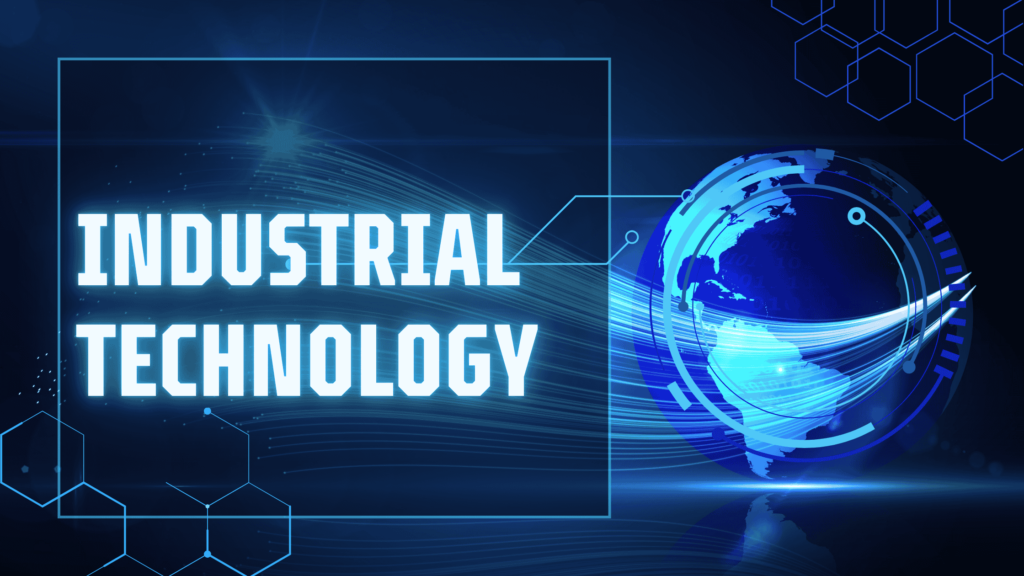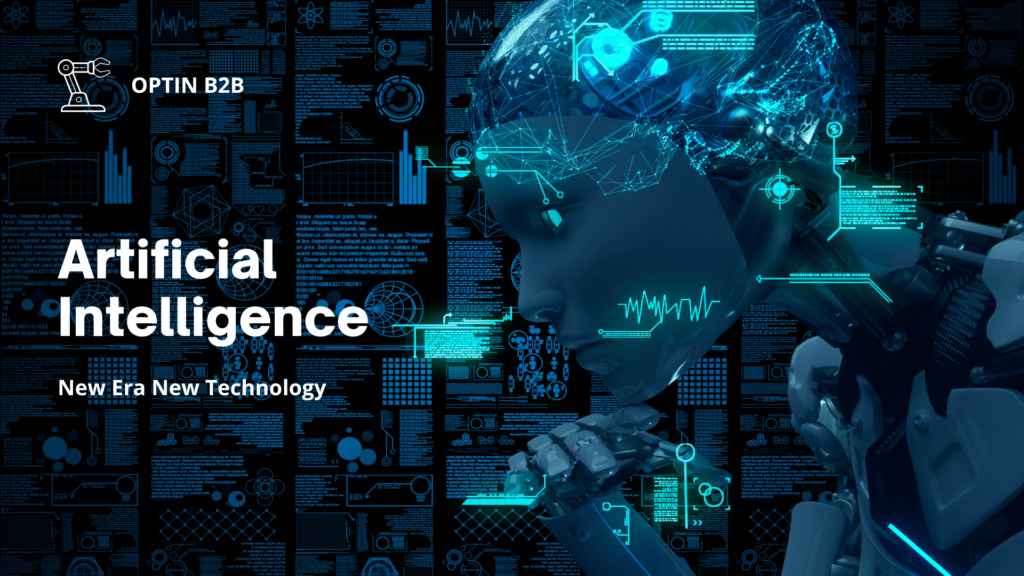How AI and Machine Learning Are Transforming Customer Experiences Across Industries
The integration of AI and Machine Learning (ML) into customer experience (CX) strategies is driving a revolutionary shift in how businesses interact with their customers. These technologies are enabling hyper-personalization, predictive insights, and seamless communication, redefining CX in industries ranging from retail to telecommunications. In retail, AI-driven recommendation engines are setting new standards for personalization. Amazon and Netflix, for example, use ML algorithms to analyze customer behavior and preferences, providing tailored product suggestions or entertainment options. This not only enhances customer satisfaction but also increases sales and engagement. The financial sector is also embracing AI to transform customer interactions. Chatbots powered by natural language processing, like those used by Bank of America’s Erica, provide 24/7 assistance, answering queries and helping users manage their finances effortlessly. Additionally, ML models help banks predict customer needs, offering personalized solutions for loans, investments, and savings. In the travel and hospitality industry, companies like Hilton and Delta Airlines are leveraging AI to provide real-time updates, optimize booking experiences, and even predict traveler preferences. Virtual assistants are streamlining check-in processes, while ML-powered dynamic pricing ensures competitive rates tailored to individual customers. The telecommunications sector is using AI to enhance CX through network optimization and predictive analytics. Verizon and AT&T, for example, are deploying AI tools to predict service outages and resolve issues proactively. This proactive approach minimizes disruptions and ensures a smoother customer experience. AI’s impact on healthcare CX is also profound. Platforms like Ada Health use ML to guide patients through symptoms and recommend appropriate care, enhancing accessibility to medical advice. Hospitals are adopting AI-driven systems to streamline appointment scheduling and reduce wait times, creating a more efficient patient experience. Despite its many advantages, the integration of AI and ML into CX strategies is not without challenges. Ethical considerations, data privacy concerns, and the need for transparent algorithms are critical issues that businesses must address. Ensuring that AI enhances, rather than replaces, human touchpoints is key to building trust and maintaining customer loyalty. As businesses continue to explore the possibilities of AI and ML, the future of customer experience looks promising. By embracing these technologies responsibly, companies can deliver unparalleled service, build stronger relationships, and stay ahead in an increasingly competitive market.


